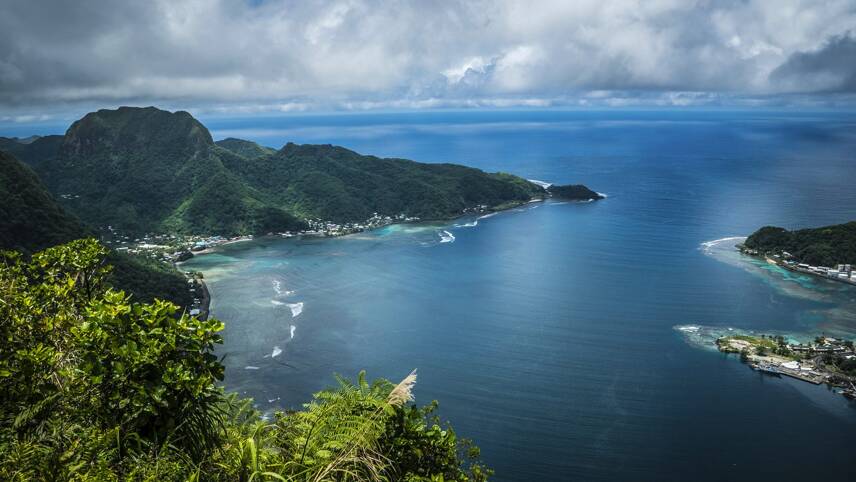Register for free and continue reading
Join our growing army of changemakers and get unlimited access to our premium content

Pictured: Samoa, one of the world's 58 Small Island Developing States
The Facility was set up in 1991, as part of the Rio Earth Summit preparations. It has provided around $22bn in grants and $119bn in co-financing to date. The newest pledges tranche of pledges, totalling $5.25bn, were confirmed late last week, with 25 countries making commitments for the Global Environment Facility’s forthcoming eighth operating period. This cycle will run from July 2022 to June 2026. Individual country pledges will be publicly announced in June.
Compared with the previous operating period, which began in summer 2018 and ends in June 2022, the new commitments represent an increase of almost 30%. The 2018-2022 operating cycle did see commitments fall from the 2014-2018 cycle, from $4.43bn to $4.1bn. This trend can be partly attributed to the Covid-19 pandemic.
Funds raised through the Global Environment Facility are distributed globally to help developing nations meet their obligations under UN agreements on the environment, including the Paris Agreement on Climate Change and the UN’s biodiversity treaties. Nations are this year finalizing the world’s post-2020 biodiversity treaty after two years of pandemic-related delays, with a headline ambition to halt nature loss this decade.
With this in mind, the majority of the funding set to be contributed and allocated during the Global Environment Facility’s 2022-2026 operating cycle will be allocated to efforts to protect and restore nature. Several nations have already received early action grants under the current operating cycle to help reduce species loss.
The Facility has also stated its intent to ensure that Small Island Developing States receive a greater share of funding in this operating cycle, and its intent to work more closely with the private sector to help public grant and loan funding to catalyse more private capital.
The Global Environment Facility’s chief executive and chair Carlos Manuel Rodriguez said: “This successful replenishment is not only important for the programs and projects the GEF supports around the world and the global environmental benefits they yield. It is a strong signal that the international community is ready to work together on the tough challenges that require us all to be at the table, as we seek to restore the health of our planet and its people.”
Rodriguez and other Facility participants emphasised the importance of increasing funding at this moment in time, urging world leaders to consider how issues like biodiversity loss and the climate crisis are connected, and how solutions can also support the financial recovery from Covid-19 and form part of the energy price crisis response.
The news from the Facility comes shortly after the Intergovernmental Panel on Climate Change (IPCC) published the third and final Working Group report under its sixth reporting cycle. After previous reports detailed the extent of the global temperature increase, and the likely impacts on humanity and nature in the coming decades, the newest report provides a roadmap for scaling solutions. In all scenarios assessed in the report, total annual funding for solutions increases at least threefold by 2030, and as much as sixfold.

